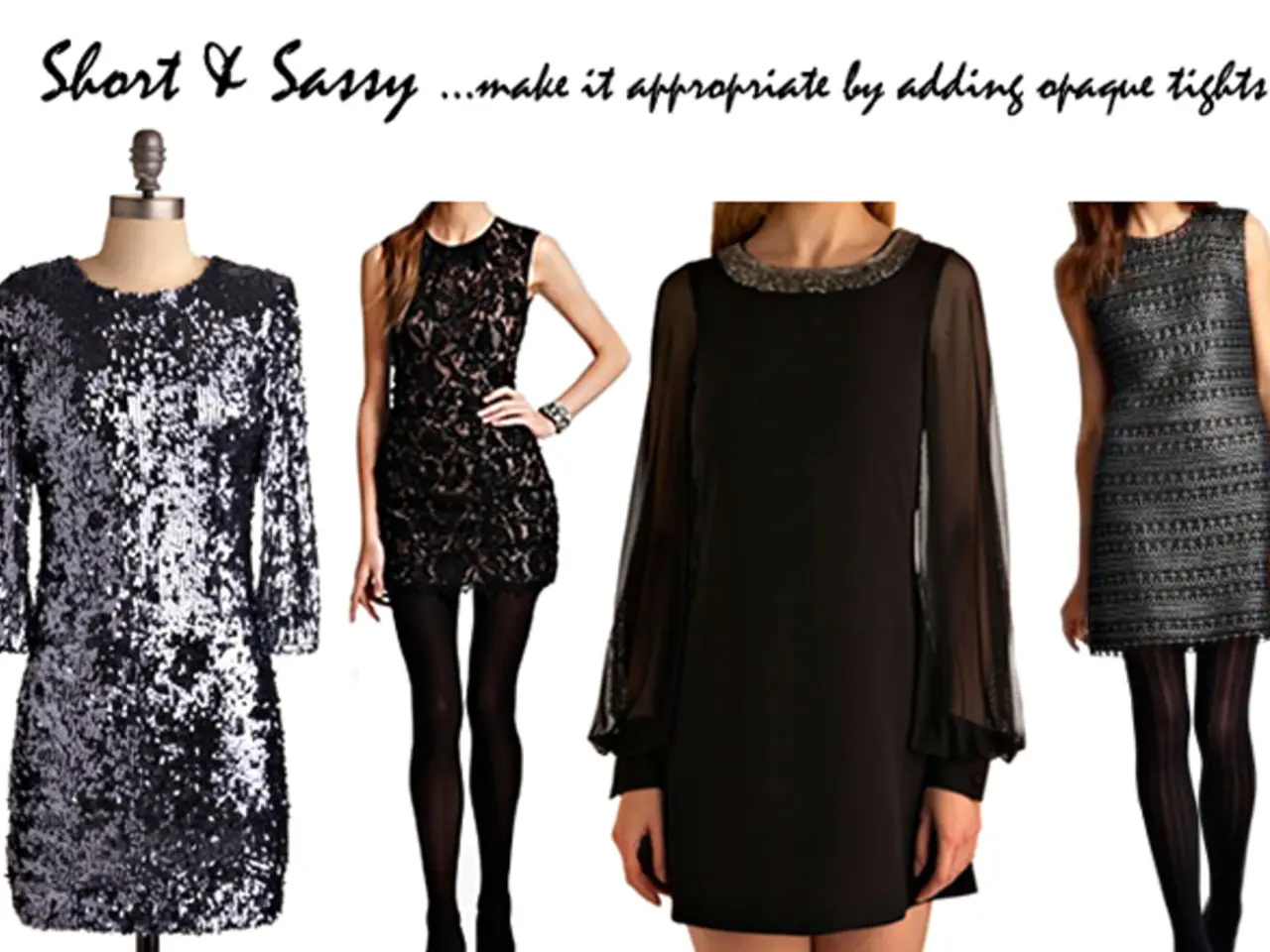Feminist Ideologies Among African-American Women
In the late 19th and early 20th centuries, pioneering figures such as Ida B. Wells and Anna Julia Cooper paved the way for Black feminism, advocating for civil rights and publishing groundbreaking works that are now recognised as the first expressions of Black feminism.
Wells, an activist and journalist, fought against lynching and racism, launching an effective crusade against lynching in the United States and encouraging solidarity campaigns abroad. Cooper, on the other hand, established organisations to promote Black civil rights causes and published a book titled 'A Voice from the South.'
As the years passed, Black women continued to face exclusion from both mainstream feminist movements and Black liberation movements due to their race and gender. This led to the formation of organisations like the Third World Women's Alliance in 1968, which was created by Black women from the Student Non-Violent Coordinating Committee (SNCC) to create space in anti-racist organisations for women's voices and issues.
The first wave of feminism, led by notable figures like Elizabeth Cady Stanton, saw many white feminists seeking to exclude Black women from the movement, or Black women having their own movement, separate from the white feminists. Stanton's discriminatory language against Black people has since been criticised.
Fast forward to the 1970s, the Combahee River Collective recognised the double burden of sexism and racism as integral to the distinction between their movement and white feminism. They linked Black women's liberation to anti-imperialism, dismantling patriarchy, white supremacy, and capitalism. The National Black Feminist Organization, formed in 1973, had a similar mission, addressing the double burden of sexism and racism faced by Black women and emphasising economic survival issues important to Black and working-class women.
Kimberlé Crenshaw, born in 1959, coined the term "intersectionality" in 1989 to address the unique oppression faced by Black women. Intersectionality views characteristics such as race, gender, sexual orientation, social class, ability, and age as interrelated and influencing one another, leading to multiple types of oppression. Crenshaw also noted that when Sojourner Truth rose to speak at the women's rights convention in 1851, many white women wanted her silenced, fearing that she would divert attention away from the women's suffrage movement.
Angela Davis, in 1981, contested that the theory and practice of white feminists failed to address the centrality of racism. In many cases in feminist history, white feminists have fought for white women's rights while being complicit with structural racism. Other criticisms of 'white feminism' came later, specifically when looking at the book 'The Feminine Mystique,' written by Betty Friedan in 1963. The book is criticised for not applying to many Black or working-class women. Gerda Lerner criticised Friedan's book by stating that she only addressed the problems of middle-class, college-educated women, which was one of the shortcomings of the suffrage movement.
Finally, the Black Lives Matter movement, developed around 2013, protests against anti-Black violence, especially in the form of police brutality, and draws on Black feminist understandings of intersectionality and solidarity between all Black lives. Black feminism focuses on the lived experiences of Black women, discussing and highlighting aspects of their identity in relation to gender inequality.
Patricia Hill Collins, in 2001, explained that many African American women reject the term 'feminism' due to its perceived association with being white. Many often see feminism exclusively for white Western women, with being Black as the opposite.
Intersectionality is a critical term in Black feminism, which describes how intersecting power relations influence social relations and individual experiences. It continues to be a powerful tool in understanding and addressing the unique struggles faced by Black women and other marginalised groups.




